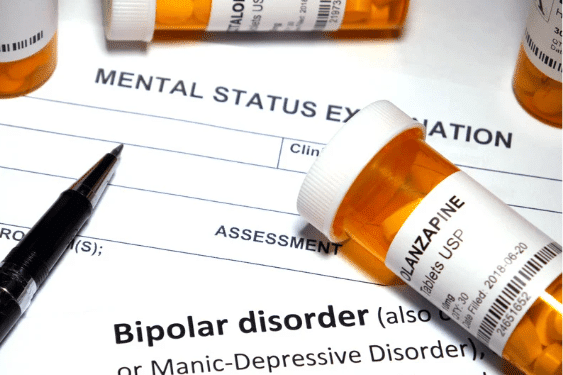Can I Get SSD for My Bipolar Disorder?
Like most mental health issues, bipolar disorder may or may not qualify you for Social Security disability (SSD) benefits. The outcome of an SSD claim based on bipolar disorder will depend on the nature and severity of the symptoms.
Bipolar Disorder is Listed in the Social Security Blue Book
The Social Security Blue Book lists a wide range of medical conditions that may qualify a person for SSD benefits, along with criteria for qualification. Bipolar disorder is covered by section 12.04 of the Blue Book. To qualify for SSD based on the Blue Book listing for bipolar disorder, the applicant must:
- Have diagnosed bipolar disorder that is characterized by at least three of the following symptoms and limitations:
- Pressured speech
- Flight of ideas
- Inflated self-esteem
- Decreased need for sleep
- Distractibility
- Involvement in activities likely to have negative consequences, which the applicant fails to recognize
- Increase in goal-directed activity or psychomotor agitation
AND
- Extreme limitation of one or marked limitation of two of the following:
- Ability to understand, remember, or apply information
- Ability to interact with others
- Ability to concentrate, persist, or maintain pace
- Ability to adapt or manage themself
OR
- The bipolar disorder is “serious and persistent
For purposes of the Blue Book listing, “serious and persistent” means that there is a medically documented history of the disorder spanning at least two years, with evidence that:
- Medical treatment and/or therapy is ongoing and diminishes the signs and symptoms of the disorder, AND
- The applicant has limited ability to adapt to changes in environment or new demands
Evidence of Symptoms and Limitations
As you can see, the requirements to meet the Blue Book listing for bipolar disorder are very specific. An applicant must generally provide thorough documentation from medical providers, in addition to their own detailed questionnaire and information provided by those who have an opportunity to observe the applicant in day-to-day life. Knowing what type of evidence is necessary and how to obtain it can mean the difference between approval and denial of your SSD claim.
SSD Benefits for Bipolar Disorder When You Don’t Meet the Listing Requirements
In some circumstances, an applicant who does not meet the listing requirements may still qualify for SSD benefits for bipolar disorder–especially if the applicant has one or more additional conditions that also contribute to their inability to work. This involves a more complex analysis that takes into account factors such as the applicant’s capacity to perform work, their age, their educational level, and their past work experience.
Get Help Pursuing SSD Benefits for Bipolar Disorder
Most SSD claims are initially denied. Assembling the right evidence and presenting it properly can make all the difference. Whether you’re just filing an SSD application or have been denied benefits and want to appeal, an experienced disability benefits advocate can be your best resource. To learn more, call 800-800-3332 right now or fill out our contact form.







